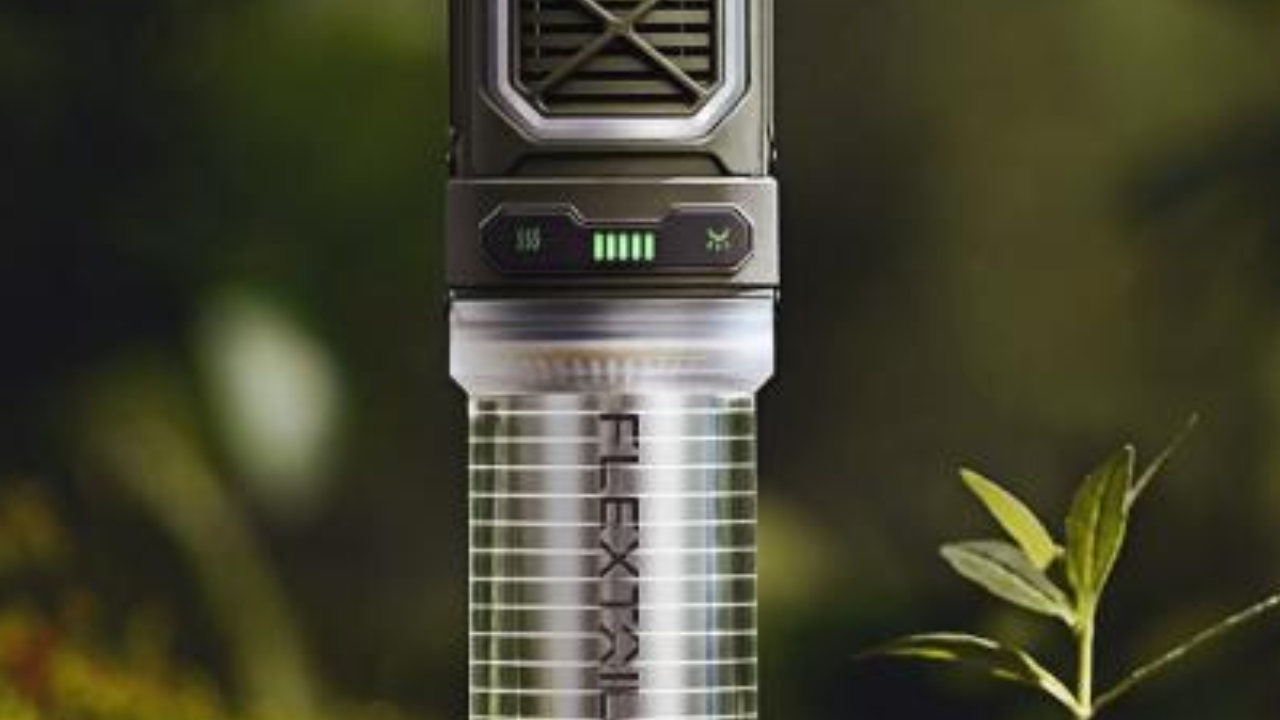Products called repellents are made to stop mosquitoes from biting. The necessity to safeguard against diseases like malaria spread by mosquitoes gave rise to the idea. The oil of citronella was the first repellant ever discovered. Picaridin and extracts from plants have been developed as well as other formulations for increased safety and efficacy over time.
Repellents are available in a variety of formats, including lotions, sprays, and wearable technology, giving consumers a range of choices for protecting themselves from mosquito bites and the health hazards that go along with them. For additional information about the camping repellent for mosquitoes, this page here. Innovation and constant research are key factors in the development of mosquito-repellent technology.
Safety Precautions for Using Mosquito Repellent
To effectively and safely keep these bothersome insects at bay, it is imperative to use mosquito repellents sparingly. When applying insect repellant when camping, keep the following safety measures in mind:
Pick the Correct Repellent:
The first step to guaranteeing a mosquito-free camping trip is to choose an efficient repellent. Seek for products with active components like oil of lemon eucalyptus, picaridin, or DEET. It is well known that these ingredients repel mosquitoes quite well. To determine the concentration of the active substances and select a product that best meets your needs, make sure you carefully read the label.
Conduct a Patch Test:
To ensure there are no negative responses, conduct a patch test on a small section of your skin before using any mosquito repellent. If you have sensitive skin or are using a repellent for the first time, this is very crucial. Before using the cream more widely, wait at least 24 hours to be sure there is no redness, irritation, or allergic response.
Respect Application Recommendations:
For maximum efficacy and safety, heed the suggested application recommendations. Evenly apply the repellent to exposed skin parts, being cautious to stay away from delicate regions like the lips and eyes. Observe the recommended frequency of reapplication, particularly if you're swimming or perspiring. Use repellents just as prescribed to avoid irritating your skin.
Think About Repellent Clothes:
Although mosquitoes are skilled at detecting exposed skin, wearing garments sprayed with insect repellent can add another degree of security. Use clothing made especially to repel insects, and think about dressing in long sleeves, trousers, and socks. This method lessens the necessity to apply repellents to your skin excessively.
Steer Clear of High-Concentration Products for Kids:
Be cautious when selecting insect repellents for kids when camping. Steer clear of goods with high active ingredient concentrations and choose kid-specific formulations instead. Before using repellents on newborns, speak with a pediatrician. Additionally, keep repellents out of reach to avoid inadvertent ingesting them.
Consider Your Face Application:
Applying insect repellent to the face needs careful consideration. Apply the repellent to your hands first, then gently rub it over your face, making sure to keep it out of your mouth and eyes. Avoid spraying the repellent straight into your face. If you want to apply repellant on your face more precisely, think about utilizing sticks or wipes.
Consider the Environment:
When using insect repellents while camping, keep the surrounding area in mind. Select environmentally friendly products and refrain from sprinkling directly on plants, water sources, or other delicate places. Choose environmentally friendly formulas or think about natural substitutes like repellents with citronella as an ingredient.
Store Repellents Correctly:
Although it's sometimes forgotten, keeping repellents effective requires proper storage. When not in use, keep the containers well packed, store them somewhere cold and dry, out of direct sunlight, and make sure the expiration date is met. Products that have expired may not offer sufficient protection, and their efficacy may wane with time.
Final Thought
An essential tactic for a relaxing outdoor experience when camping is to apply insect repellent. Effective self-defense for campers can be achieved by selecting the appropriate product, adhering to application instructions, taking extra safety measures, and considering the influence on the environment. Nature lovers may enjoy the beautiful outdoors without having to deal with the annoying bites of mosquitoes thanks to these easy yet important precautions.


